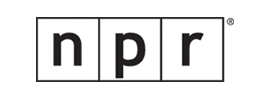Related
AG Sessions Could Shut Down Legal Cannabis
Here's How

Writing in The Hill, Marron Professor Mark Kleiman and Beau Kilmer of the RAND Corporation make the case for taxing legal cannabis based on THC content in order to reduce problem use.
One advantage of a THC tax over the widely used taxation based on a percentage of price is that the THC tax won’t fall as market prices fall. Another is that a THC tax counteracts the tendency of the cannabis market to move toward more potent products. There is still much to learn about the health consequences of higher-potency cannabis products, but a handful of studies have found the more potent forms may carry higher risks of negative mental health outcomes and excessive impairment.
Please fill out the information below to receive our e-newsletter(s).
*Indicates required.